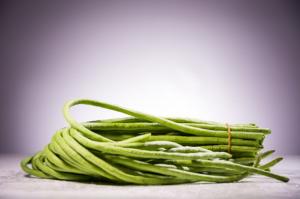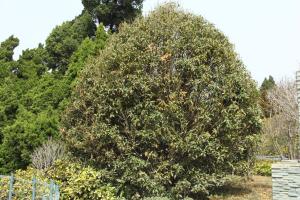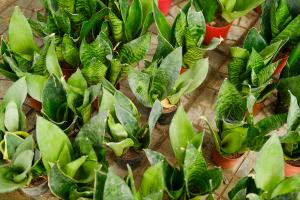Is Rice Water Good for Indoor Plants?
Have you ever heard of using rice water to water your indoor plants? Rice water is the starchy liquid that remains after soaking or cooking rice. There has been some debate about whether or not rice water is good for indoor plants. In this article, we will explore the benefits and drawbacks of using rice water for indoor plants.
The Benefits of Rice Water
One of the main benefits of using rice water for indoor plants is that it contains essential nutrients that plants need to grow. For example, rice water is packed with nitrogen, which is essential for leaf growth. Additionally, it contains small amounts of potassium and phosphorus, which are important for root development and overall plant health. These nutrients make rice water a cost-effective and natural alternative to chemical fertilizers that can harm the environment.
Another benefit of using rice water for indoor plants is that it can help reduce pests and diseases. Rice water has antifungal and antibacterial properties that can ward off common plant pests like spider mites and aphids. It can also help prevent diseases like root rot and fungal infections, which can be a problem for indoor plants that are kept in humid environments.
The Drawbacks of Rice Water
While there are many benefits to using rice water for indoor plants, there are also some drawbacks that should be considered. One of the main drawbacks is that rice water can attract bugs and insects. The starchy nature of rice water can attract pests like fruit flies and gnats, which can be a nuisance to deal with.
Another potential drawback of using rice water is that it can cause salt buildup in the soil. Rice water contains high levels of salt, which can accumulate in the soil over time and harm the roots of plants. This can be especially problematic if you are using rice water as your primary source of plant hydration.
How to Use Rice Water for Indoor Plants Safely
If you decide to try using rice water for your indoor plants, there are a few things to keep in mind to ensure that you use it safely. First, be sure to use only white or brown rice water, as other types of rice like wild rice or black rice can contain additives and chemicals that can harm your plants.
Second, dilute the rice water before using it on your plants. Mix one part rice water with three parts water to create a diluted solution. This will help reduce the amount of salt in the water and prevent salt buildup in the soil.
Finally, be mindful of how often you use rice water on your plants. While it can be a great source of nutrients, using rice water too often can lead to over-fertilization and cause more harm than good. It is recommended to use rice water once a week or every other week.
Conclusion
In conclusion, rice water can be a great source of nutrients and protection for your indoor plants. However, it is important to use it safely and in moderation to avoid potential drawbacks like salt buildup and attracting pests. With proper use, rice water can be a cost-effective and eco-friendly alternative to chemical fertilizers that can benefit both your plants and the environment.

 how many times do yo...
how many times do yo... how many planted tre...
how many planted tre... how many pine trees ...
how many pine trees ... how many pecan trees...
how many pecan trees... how many plants comp...
how many plants comp... how many plants can ...
how many plants can ... how many plants and ...
how many plants and ... how many pepper plan...
how many pepper plan...
































